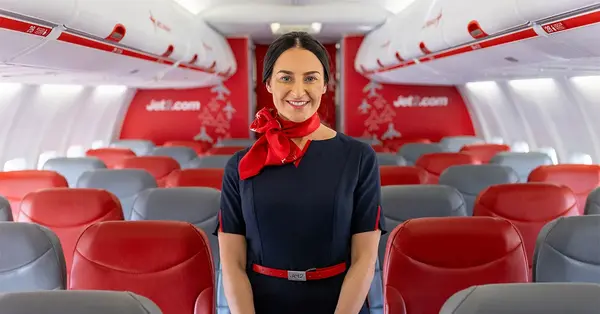You are viewing 1 of your 2 free articles
Travel sector urges UK and EU to make seasonal staff easier to hire
Senior UK travel industry figures are calling on the UK and European Union governments to improve mobility arrangements for staff seeking overseas holiday jobs.
A report from Abta and Seasonal Businesses in Travel (SBiT), Unlocking Travel’s Potential, said the number of UK workers in holiday roles in the EU has plunged by 69% from 11,970 in 2017 to just 3,700 in 2023.
The organisations said that employing UK workers in jobs such as chalet hosts, holiday reps and tour guides has been a “fundamental” part of UK holiday operations in destinations including Spain, France, Greece, Italy and Austria.
But they highlighted how companies’ ability to have UK staff working in the EU is now “much more limited” following Brexit.
Almost two thirds (61%) of UK travel companies said hiring UK seasonal staff could reduce their possibilities for growth over the next five years.
It was the top concern for UK travel businesses, above the impact of the cost-of-living crisis on consumer spending and other economic conditions.
More: Comment: Join Abta in demonstrating Travel Matters
Inghams employs more Europeans in ski resorts post-Brexit
Navigating rules and regulations for each country in the EU means it is estimated to cost an additional £880 to recruit each UK seasonal worker to work in France.
Elsewhere the report notes that many EU countries do not have any applicable routes of entry for UK staff.
Labour mobility restrictions threaten the pipeline of future talent, as the report finds 38% of staff working for businesses in the UK travel sector have conducted an overseas season in the tourism industry, rising to 49% of senior managers.
Furthermore, the vast majority (94%) of businesses agreed barriers to mobility for workers between the UK and EU reduce opportunities for young people to develop a career in travel. Abta and SBiT are calling on the UK and EU to extend the Youth Mobility Scheme (YMS) to EU countries.
The UK already has similar arrangements with Australia, New Zealand and Japan.
An agreement on mutual recognition of professional qualifications would also make work easier for tourism staff, including professionals providing guiding services.
Mark Tanzer, Abta chief executive, said: “It can’t be emphasised enough just how fundamental being able to work abroad is for the UK travel industry. Not only do people gain those important language and soft skills, they’re also set on a path for a good career and many become leaders in the industry.
“With the UK outbound travel industry contributing £49 billion a year to the UK economy, and a major driver of growth, not putting in the right mobility arrangements with the EU could come at a cost to UK plc. Yet there are simple and sensible solutions to overcome these barriers, and I’d urge ministers to make this a priority and take action urgently.”
Charles Owen, managing director of Seasonal Businesses in Travel, added: “It’s proving tremendously difficult to employ the UK staff we need to run our businesses in the EU.
“In some countries it’s a mountain of complex paperwork, delays and extra costs that need to be overcome, in others there isn’t really a workable route.
“As an industry we rely on UK staff being able to work in the EU to help our businesses grow and thrive.
“But without a sensible arrangement on labour mobility, growth in this industry will be unnecessarily held back.”
The report was launched at Abta’s Travel Matters event in London on Wednesday (June 14).


















